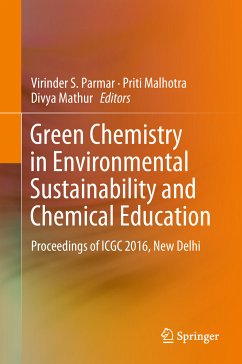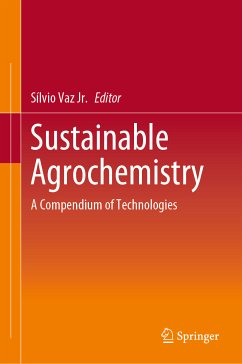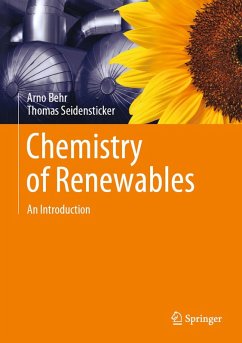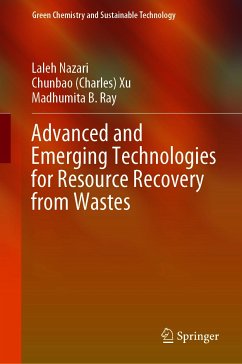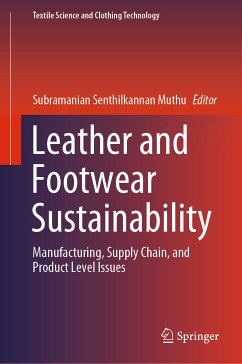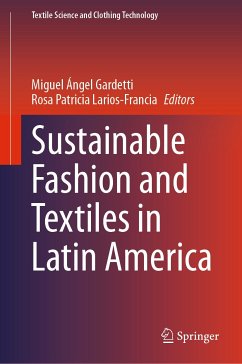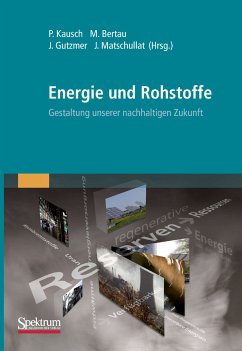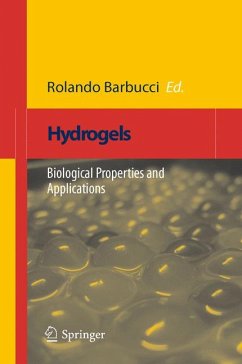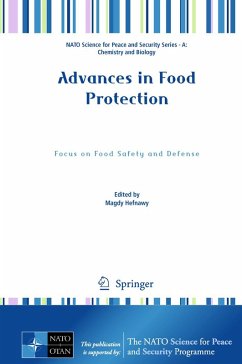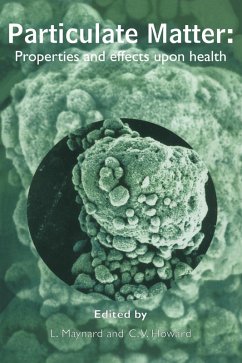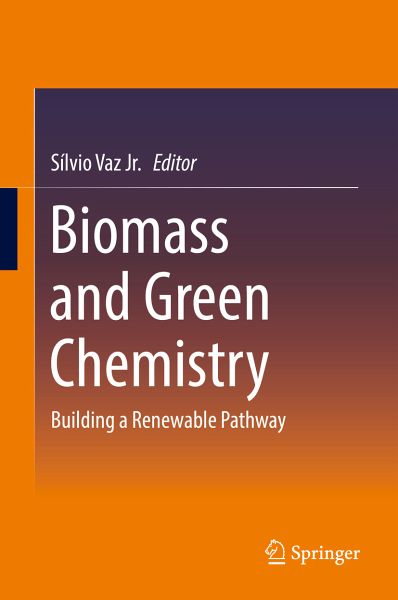
Biomass and Green Chemistry (eBook, PDF)
Building a Renewable Pathway
Redaktion: Vaz Jr., Sílvio
Versandkostenfrei!
Sofort per Download lieferbar
80,95 €
inkl. MwSt.
Weitere Ausgaben:

PAYBACK Punkte
40 °P sammeln!
This book investigates the main vegetable biomass types, their chemical characteristics and their potential to replace oil as raw material for the chemical industry, according to the principles of green chemistry. Authors from different scientific and technical backgrounds, from industry and academia, give an overview of the state of the art and ongoing developments. Aspects including bioeconomy, biorefineries, renewable chemistry and sustainability are also considered, given their relevance in this context. Furthermore, the book reviews green chemistry principles and their relation to biomass...
This book investigates the main vegetable biomass types, their chemical characteristics and their potential to replace oil as raw material for the chemical industry, according to the principles of green chemistry. Authors from different scientific and technical backgrounds, from industry and academia, give an overview of the state of the art and ongoing developments. Aspects including bioeconomy, biorefineries, renewable chemistry and sustainability are also considered, given their relevance in this context. Furthermore, the book reviews green chemistry principles and their relation to biomass, while also exploring the main processes for converting biomass into bioproducts.
The need to develop renewable feedstock for the chemical industry to replace oil has been identified as a major strategic challenge for the 21st century. In this context, the use of different types of vegetable biomass - starch, lignocellulosic, oleaginous, saccharide and algae - can be seenas a viable alternative to the use of non-renewable, more expensive raw materials. Furthermore, it offers a model for adding economic value to the agro industrial chains such as soybean, sugarcane, corn and forests, among others. This will in turn contribute to the sustainability of a wide range of chemicals, mainly organics and their transformation processes, which are widely used by modern society.
The need to develop renewable feedstock for the chemical industry to replace oil has been identified as a major strategic challenge for the 21st century. In this context, the use of different types of vegetable biomass - starch, lignocellulosic, oleaginous, saccharide and algae - can be seenas a viable alternative to the use of non-renewable, more expensive raw materials. Furthermore, it offers a model for adding economic value to the agro industrial chains such as soybean, sugarcane, corn and forests, among others. This will in turn contribute to the sustainability of a wide range of chemicals, mainly organics and their transformation processes, which are widely used by modern society.
Dieser Download kann aus rechtlichen Gründen nur mit Rechnungsadresse in A, B, BG, CY, CZ, D, DK, EW, E, FIN, F, GR, HR, H, IRL, I, LT, L, LR, M, NL, PL, P, R, S, SLO, SK ausgeliefert werden.



